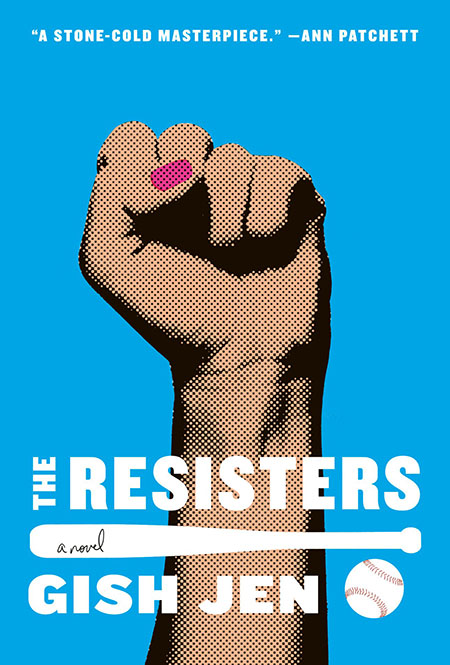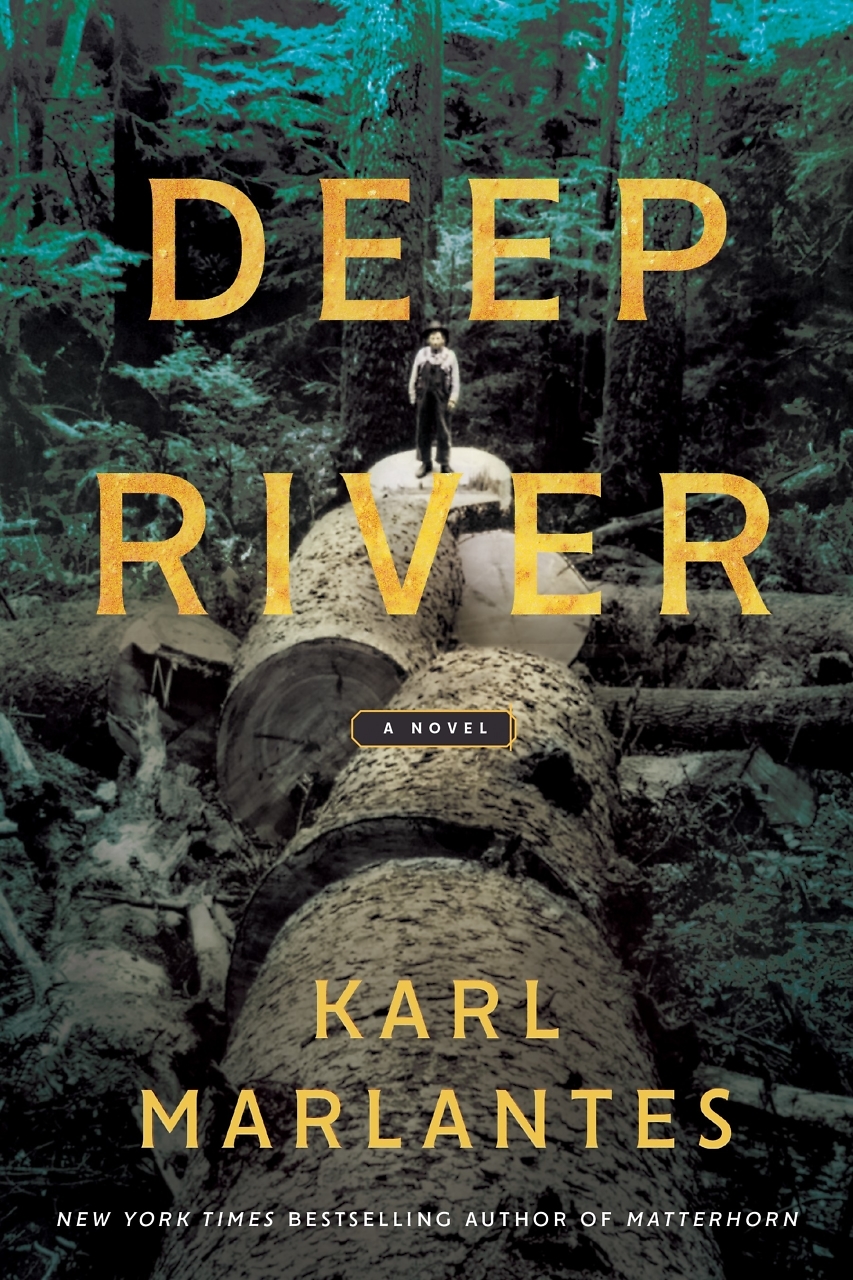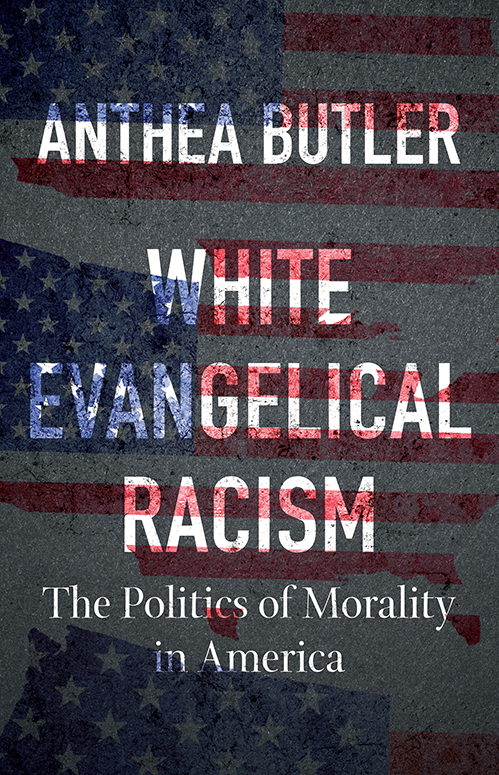Gut Reaction
Weike Wang’s Chemistry is a coming-of-age novel set in a science lab
“If I were to draw my path out,” says the narrator of Weike Wang’s debut novel, Chemistry, “it would look like a gas particle flying around in space.”
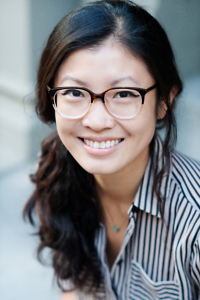
Named a most anticipated novel of 2017 by Entertainment Weekly, The Millions, and Bustle, Chemistry establishes Wang as an original voice. The novel, newly out in paperback, begins when the unnamed narrator has reached a breaking point in the long slog of her Ph.D. program in chemistry just as she also reaches a critical juncture in her relationship with Eric, her boyfriend. A quarter-life crisis ensues.
Eric is the only named character in Chemistry, which is fitting because he’s the central figure in the protagonist’s life, the primary source of her stability and comfort. Eric is frustrated by his partner’s indecision about marriage, and by her inability to explain her ambivalence. She, meanwhile, is a reluctant heroine with an oblivious attitude that belies her own painful self-awareness.
In the typical coming-of-age novel, the protagonist’s essential truths are splintered and revealed to be illusions, and as a result she must reconstruct her world. This grappling often leads to catharsis and introspection, and the best of these books conclude with an understanding of the uncertainty that lies ahead. In real life, of course, world views don’t so much crash and splinter as they hang around like stubborn shadows, refusing to be cast off.
Wang’s heroine faces a special challenge in this coming-of-age tale: the need to sort through the cultural baggage and essential truths of two cultures, American and Chinese. She emigrated at age five thanks to her high-achieving father’s dreams of becoming an engineer. Though he succeeds, the transition to this new life has filled him with rage. Meanwhile, his dreams have cost his wife a rewarding career in pharmacy and a life in Shanghai surrounded by family and friends. The isolation of their life in the U.S. is heartbreaking, and their daughter has internalized that loneliness. “Studies have shown that the brain feels exclusion not like a broken heart but like a broken bone,” says the narrator.
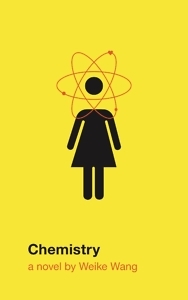 The narrator’s childhood memories, presented without commentary intermittently throughout the novel, are dark. Her mother periodically abandons the family to stay in a motel for a week, a feeble attempt to escape the life she loathes. Her father is worse: “You’re a hole where knowledge goes to sleep,” he tells his daughter. The narrator is tied to them in a way that is difficult for her boyfriend, best friend, and even therapist to understand. She cannot escape xiao shun, filial piety, but what she wants from life—personal exploration, emotive communication, relational warmth—is much more characteristic of the West than the East, despite the cultural divide she feels as an immigrant.
The narrator’s childhood memories, presented without commentary intermittently throughout the novel, are dark. Her mother periodically abandons the family to stay in a motel for a week, a feeble attempt to escape the life she loathes. Her father is worse: “You’re a hole where knowledge goes to sleep,” he tells his daughter. The narrator is tied to them in a way that is difficult for her boyfriend, best friend, and even therapist to understand. She cannot escape xiao shun, filial piety, but what she wants from life—personal exploration, emotive communication, relational warmth—is much more characteristic of the West than the East, despite the cultural divide she feels as an immigrant.
Despite these heavy themes, the book is not without humor, with often self-effacing, laugh-out-loud moments that play on stereotypes and the absurdity of self-reflection. “If alchemy doesn’t work,” the narrator says of her lab work, “I will move on to desalinating all of our oceans and providing freshwater to the people.” When she feels depressed, she mimics her dog and goes into the closet. “It feels as you would expect––epiphany-less and full of clothes.”
But the real brilliance of Chemistry is found in the story’s structure: meandering, slow, inattentive—a stream of consciousness delivered in the present tense. The episodes appear to be recounted in random order, but they are woven together magically. Advice from an online fitness guru, snapshots of tutoring sessions, quiet observations of the protagonist’s dog, conversations with her best friend, visits to her therapist, and frozen memories of her parents’ terrifying arguments echo each other, reverberating to reveal the real, human truth of growth and change: it is slow and random and rarely happens with a crash.
Through cold, hard facts the heroine ultimately finds solace and makes sense of her human condition. From thermodynamics: “The breaking of bonds requires energy.” From chemistry: “The first rule of chem lab is to never heat a closed system or it will explode.” From biology: “Physical strength comes from mitochondria.” The narrative is laced with these truths that anchor the protagonist’s psychology and uncover what she cannot otherwise define. In addition to its other charms, Chemistry reveals the surprising poetry of science. Go devour it.
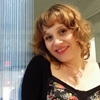
Erica Ciccarone is an independent writer living in Nashville. She holds an M.F.A. from the New School and contributes regularly to several print and online publications and to Nashville Public Radio. .
